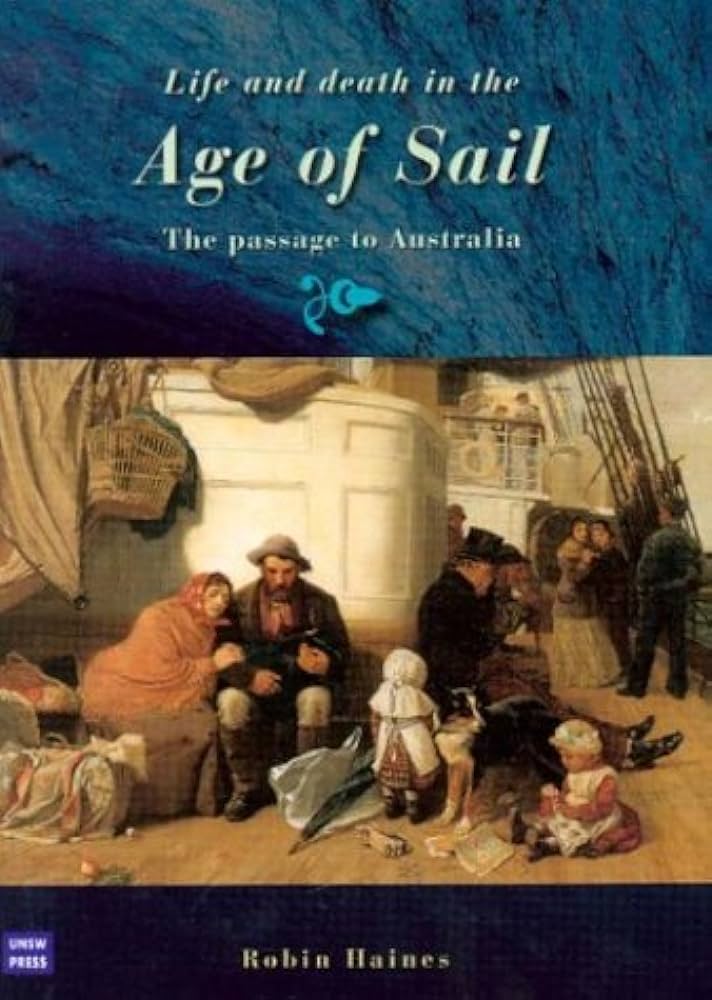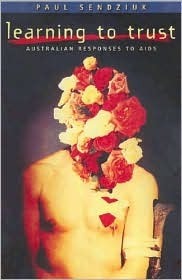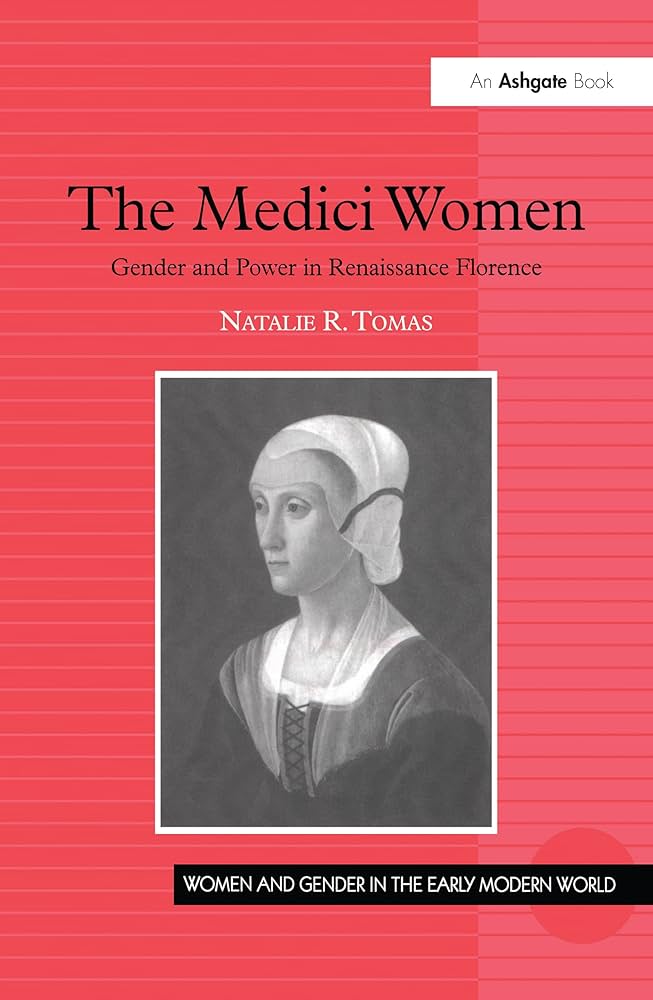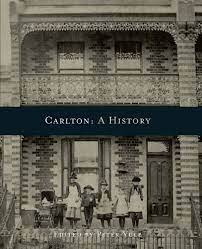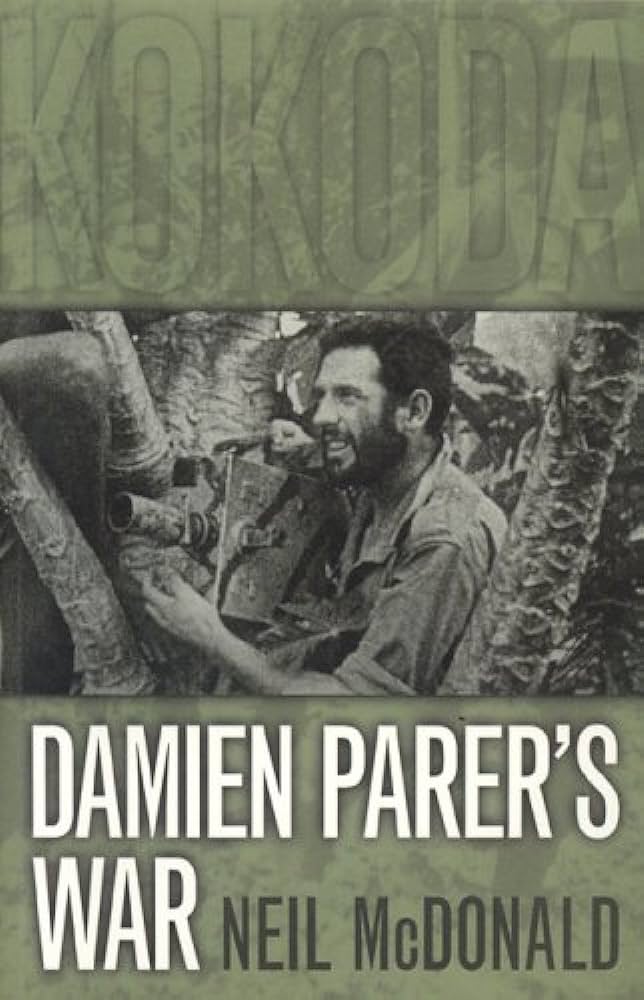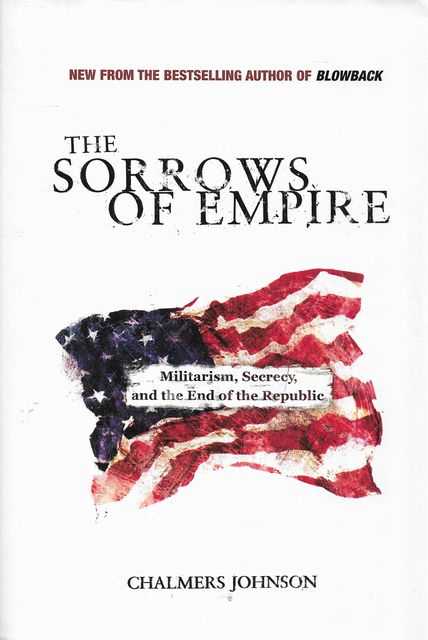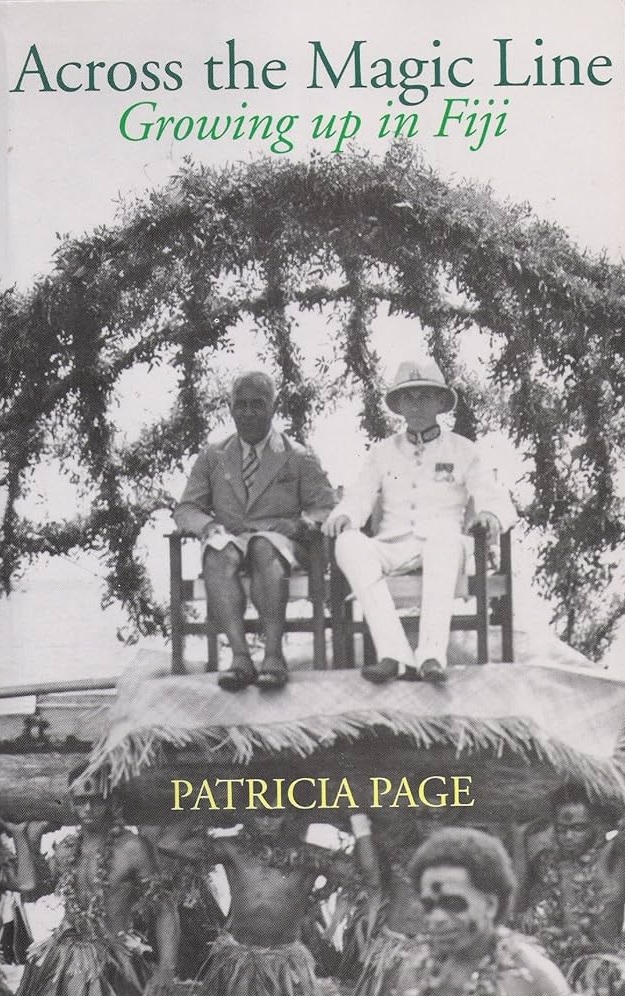History
A Social History of France 1789-1914: Second Edition by Peter McPhee
France in 1914 was in many ways almost completely different from how it was in 1789. In the 1780s France was an ‘agrarian pre-capitalist society’ in which the ‘location of most industry and the sources of power and most wealth were rural’. By the turn of the twentieth century, it was a capitalist society in which ‘an urban, bourgeois and republican culture had become as hegemonic as had been that of the Church and the aristocracy under the ancien régime’. The second edition of Melbourne academic Peter McPhee’s remarkable book, A Social History of France 1789–1914, explains why and how this occurred.
... (read more)Life and Death in the Age of Sail: The passage to Australia by Robin Haines
The Age of Sail might be presumed to cover several centuries, beginning, say, as far back as the great age of European exploration in the fifteenth and sixteenth centuries, and continuing until wind-powered sea travel was gradually replaced, in the late nineteenth century, by steamships.
The euphonious title of Robin Haines’s book is therefore a little misleading. She deals only with British assisted emigrants to Australia in the nineteenth century, putting their personal accounts into historical and statistical context, or rather, fleshing out the statistics with the human stories from which they are extrapolated. These emigrants are working-class people for the most part, ambitious and, of course, self-selected by their literacy, with social networks strong enough to encourage them to write their shipboard letters or diaries to keep in touch with those they had left behind in Britain. They are also, as Haines points out, self-selected for success in the new colonies, since the successful were the most likely to have descendants who would preserve the diaries and letters of their fortunate ancestors.
... (read more)The Battle for Asia: From decolonisation to globalisation by Mark T. Berger
This book, The Battle for Asia, is the most recent and ambitious contribution from the group of Australian political economists, formerly based at Murdoch University, working on East Asian political economy. This book upholds the group’s Marxian structuralist orientation and advances its critique of ‘neo-liberal’ globalisation. The book’s ambition to integrate post-World War II international political economy, Asia’s development trajectories and US hegemony widens this group’s analytical lens and deepens its links with the anti-globalisation movement. For Mark T. Berger, ‘many of the organizations and individuals involved [in the movement] are asking the right questions and pointing in the right direction’.
Berger shares with this movement the belief that the US is the single hegemonic power driving the global economy. He presents capitalism as an inherently unequal system prone to crisis and monopolisation. Global corporations, leading states, mainstream intellectuals and international bureaucrats are its shapers and main beneficiaries. All others are its excluded subjects.
... (read more)Learning to Trust: Australian responses to AIDS by Paul Sendziuk
For those of us at the centre of the storm, Sharleen – the demonised HIV-positive Sydney prostitute, the tragic Eve Van Grafhorst – and ACT UP and its often surreal activities are all familiar memories from the first decade of the AIDS epidemic in Australia. All feature in this first book-length account of Australia’s response to the AIDS epidemic. National histories of the epidemic have already appeared in Britain, the Netherlands and the US, and Paul Sendziuk’s work bears comparison with them. Indeed, in the breadth of its sympathies, the sophistication of its conceptual approach and its focus on the working out of policies on the ground, it is the best national study I have read. For a book that originated in a PhD thesis, it is well written, with challenging illustrations, mostly drawn from AIDS campaign material. I should, of course, confess an interest, since this book provides an eloquent defence of the policies I pursued on AIDS during my period as the Commonwealth minister for health.
... (read more)The Medici Women: Gender and power in renaissance Florence by Natalie Tomas
The history of fifteenth-century Florence is indissolubly linked to the Medici, the political bosses and patrons of the arts who presided over the city-state’s Renaissance. The names of Cosimo, Lorenzo and Giovanni, known to God and the world as Pope Leo X, immediately come to the fore in any discussion of Renaissance Italy. Rarely heard are the names of their female kin: Contessa de’ Bardi, wife of Cosimo the Elder and republican matron; Lucrezia Tornabuoni, mother of Lorenzo il Magnifico, and vernacular poet; Lorenzo’s daughters; Lucrezia Medici Salviati and Contessa Medici Ridolfi; his daughter-in-law, the despised Alfonsina Orsini Medici; or of his granddaughter, Maria Salviati Medici, who worked so assiduously to secure the future of her son, Cosimo, Grand Duke of Florence.
In The Medici Women, Natalie Tomas seeks to explore the political and cultural influence of these Florentine matriarchs who, by birth or marriage, were at the centre of the Medici clan. She investigates why and how certain Medici women were able to utilise power and influence contemporary perceptions and representations of their authority.
... (read more)When is a suburb not a suburb? When it is an inner-urban locale with a distinctive café culture, its own postcode and football team, but no town all. And here’s another: how did an Old English word meaning ‘churl’s farm’ come to be assigned to a swanky inner suburb of a major city in the southern hemisphere? These and numerous other questions are answered in Carlton: A History. This encyclopedic book tells a fascinating story that resonates way beyond its notional suburban boundaries.
As Melbourne grew, its suburbs became too vast for one local government body to administer, and areas were carved off to form separate municipalities: Richmond, Collingwood, Fitzroy, South Melbourne, North Melbourne. Carlton, however, despite periodic agitation from its residents, has remained within the boundaries of the Melbourne City Council.
... (read more)Writing of cinematographer Damien Parer’s untimely death in 1944, war correspondent Chester Wilmot paid tribute to him as ‘a fine man as well as a brilliant photographer. He made the camera speak as no other man I’ve ever known.’ Neil McDonald’s book, Damien Parer’s War, does eloquent justice to this legendary figure in Australian history and Australian film. Many may know that Parer was the first Australian to win an Oscar, but, unless they have read the 1994 edition of this admirable book, they may not know much else.
... (read more)The Sorrows of Empire: Militarism, secrecy, and the end of the republic by Chalmers Johnson
Chalmers Johnson, who began his career in the US Navy and became a consultant to the CIA, is one of the most respected American experts on East Asia and international affairs. Over the past few years, he has emerged as a significant academic critic of the Bush administration, and what he sees as a dangerously reckless escalation of US imperialism and militarism.
... (read more)In Across the Magic Line: Growing up in Fiji, Patricia Page comes full circle, returning with her sister Gay after an absence of fifty years to the enchanted islands of their childhood, reliving their memories and examining the very different Fiji of the present. Despite changes everywhere, the astonishing beauty of the islands remains, and the kindness of the Fijians is constant.
... (read more)Some years ago, at a busy intersection in Chicago, Popeye’s Fried Chicken sported a notice saying, ‘Now Hiring Smiling Faces’. It seemed to cry out for a poem, or at least a memory. If Angus Trumble’s A Brief History of the Smile does not allude to it, this is not for want of curiosity or vivacity on his part.
... (read more)


